They’re Not Actually Jungle Kings
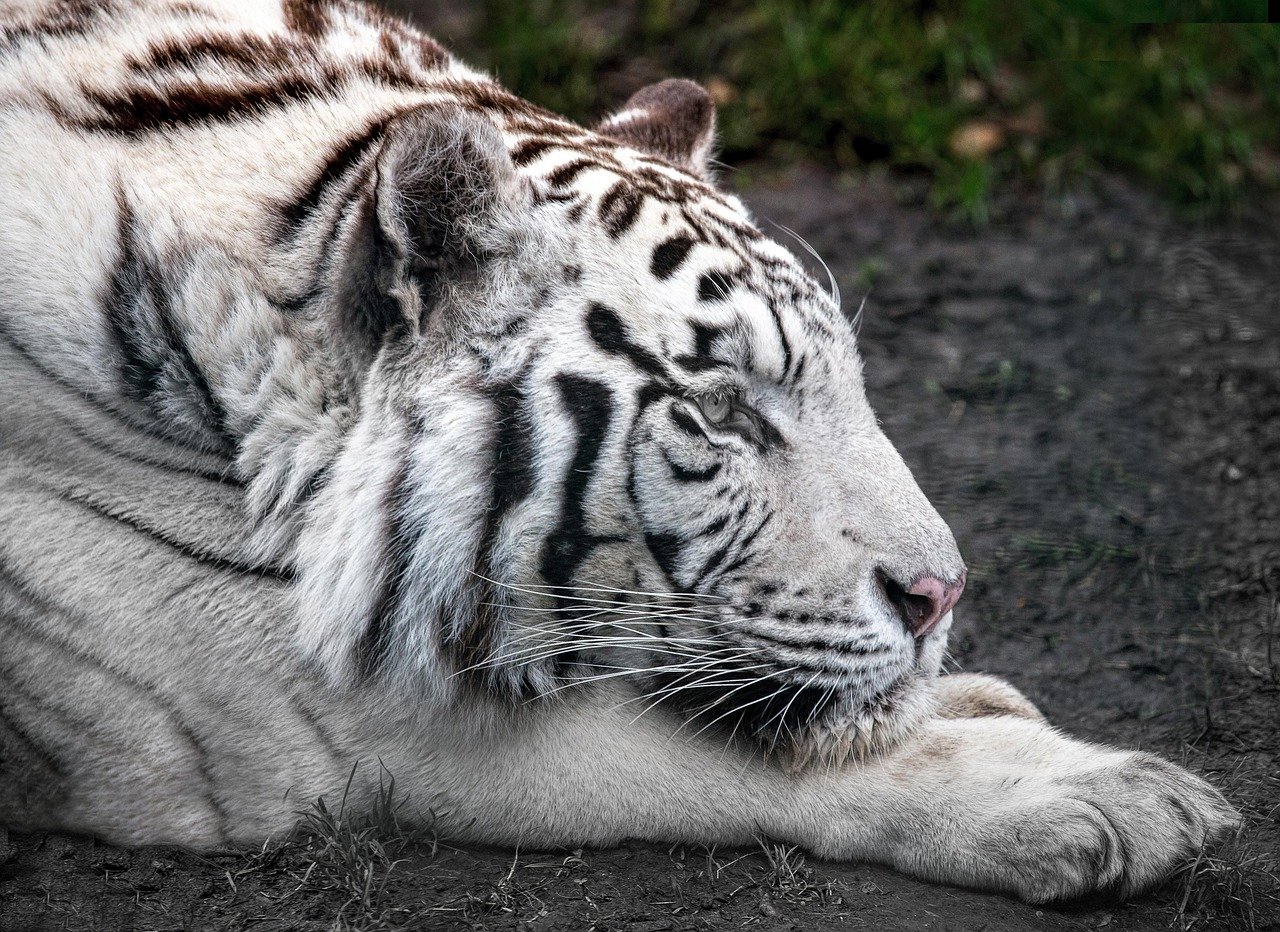
Here’s a shocking twist that might blow your mind: tigers don’t actually live in jungles! These magnificent cats prefer grasslands, mangrove swamps, and forests where they can blend into tall grass and shadows. The whole “king of the jungle” thing? That’s actually the lion’s territory, and even lions don’t live in jungles either. Tigers are more like the rulers of the savanna and forest floors, which makes them even more impressive when you think about it. It’s like discovering your favorite superhero has been fighting crime in a completely different city than you thought.
Their Roar Can Be Heard From Miles Away
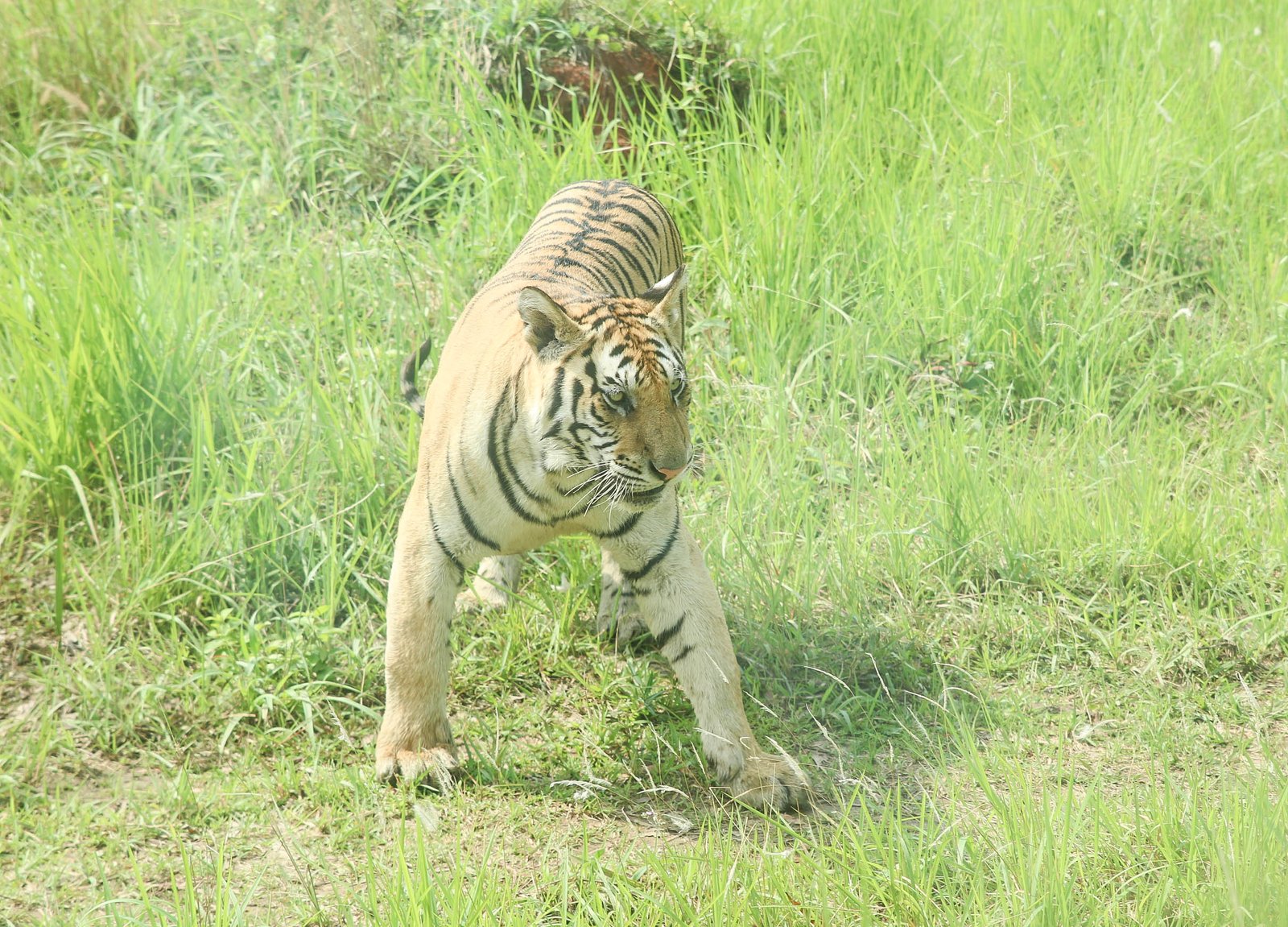
A tiger’s roar isn’t just loud—it’s earth-shaking in the most literal sense. These incredible cats can produce sounds that travel up to 2 miles away, and the low-frequency vibrations actually travel through the ground before they reach your ears. Think of it like nature’s own surround sound system, but way more terrifying. When a tiger roars, other animals feel it in their bones before they even hear it. This isn’t just showing off—it’s strategic communication that helps tigers mark territory and find mates across vast distances.
They Have Night Vision That Puts Superheroes to Shame

Tigers see in the dark about six times better than humans, making them the ultimate nocturnal predators. Their eyes have a special reflective layer called tapetum lucidum that bounces light back through their retinas, essentially giving them built-in night vision goggles. This is why their eyes glow when light hits them in the dark—it’s like having headlights, but way cooler. Most of their hunting happens at dawn and dusk when their prey can barely see them coming. Imagine having vision so good that nighttime feels like wearing sunglasses during the day.
Each Tiger’s Stripes Are Like Human Fingerprints
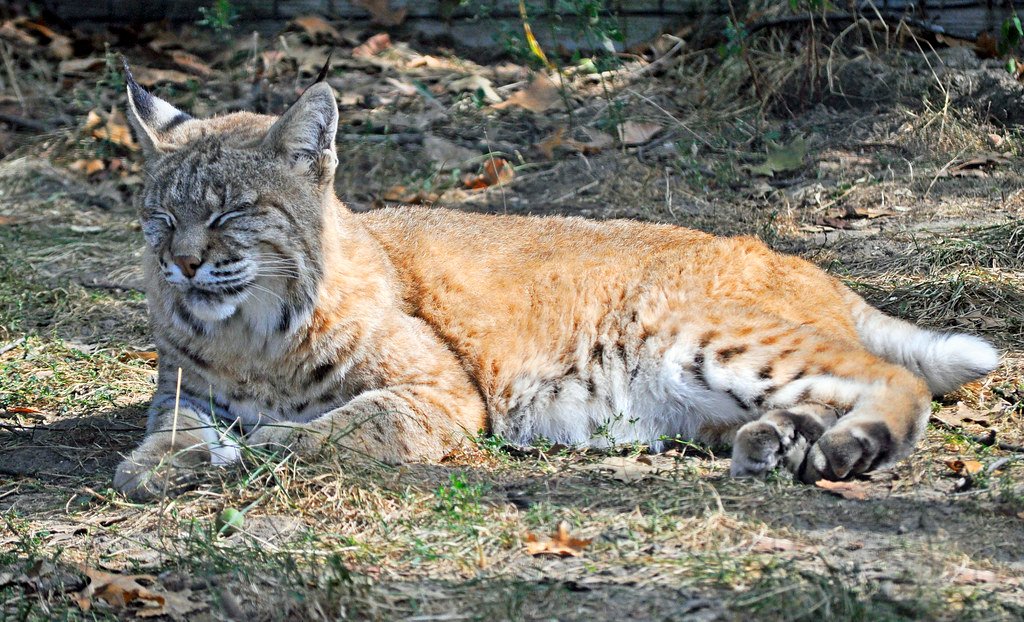
No two tigers have identical stripe patterns, making each one as unique as a human fingerprint. Wildlife researchers actually use these patterns to identify individual tigers in the wild, creating databases that help track populations and movements. The stripes aren’t just on their fur either—if you shaved a tiger (please don’t), you’d find the same pattern on their skin underneath. These stripes serve as perfect camouflage, breaking up their outline in tall grass and dappled sunlight. It’s nature’s own custom-designed invisibility cloak, tailored specifically for each tiger.
They’re Swimming Champions Who Love Water
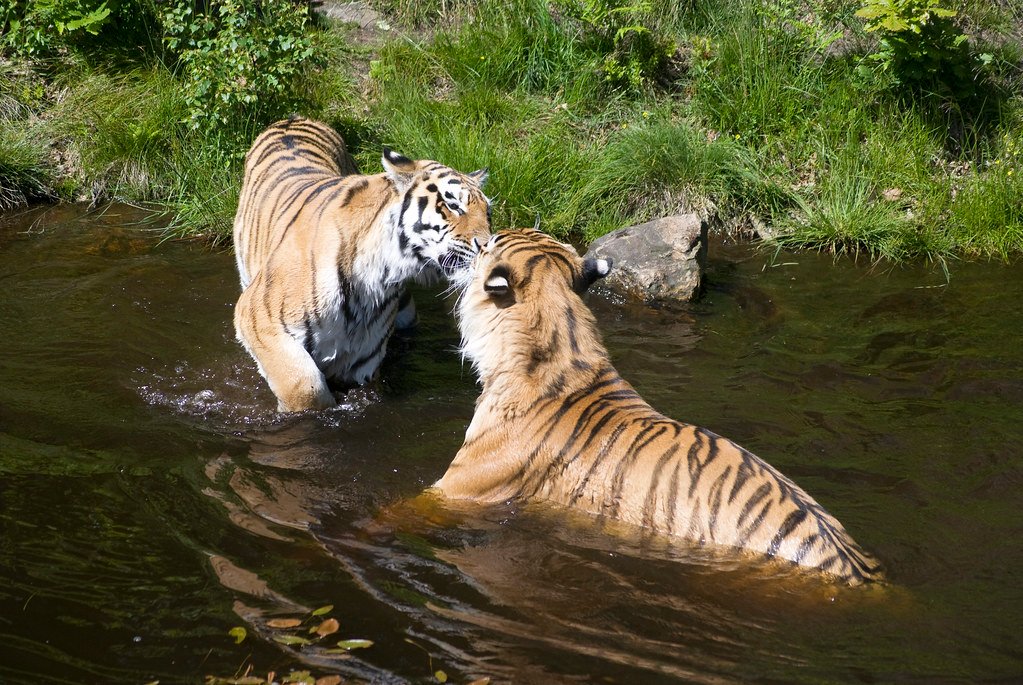
Unlike most cats who run screaming from a bathtub, tigers are absolutely obsessed with water. They’re incredible swimmers who regularly cross rivers and can swim for miles without breaking a sweat. During hot weather, you’ll find tigers lounging in ponds and streams like they’re at a luxury spa. They even hunt in water, catching fish and sometimes taking down prey that comes to drink. Picture a 400-pound cat doing the butterfly stroke—that’s basically what we’re dealing with here, and it’s both majestic and slightly terrifying.
Their Bite Force Could Crush a Bowling Ball

Tigers pack a bite force of around 1,000 pounds per square inch, which means they could easily crush bones, turtle shells, or even your bowling ball if they felt like it. To put this in perspective, humans bite with about 162 PSI, so a tiger’s jaw is roughly six times more powerful than ours. This incredible force helps them take down prey as large as water buffalo, delivering a killing bite that’s swift and decisive. Their canine teeth can grow up to 3 inches long, acting like precision daggers backed by hydraulic press-level power. It’s like having a industrial crusher disguised as a beautiful cat.
They Can Leap Further Than Most Cars Are Long
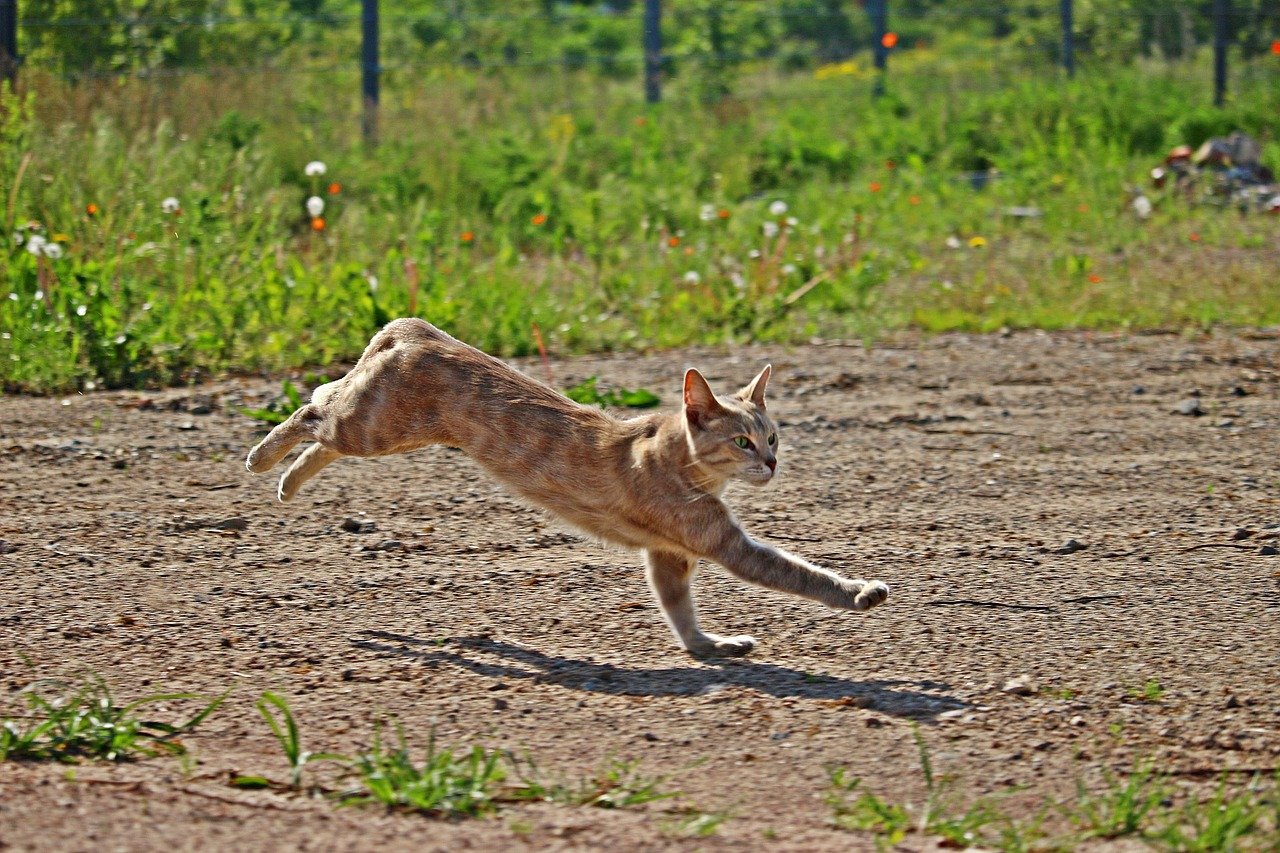
Tigers can leap horizontally up to 30 feet in a single bound, which is longer than most SUVs and small cars. When they’re jumping vertically, they can clear heights of 12 feet, basically vaulting over basketball hoops like they’re small hurdles. This incredible athletic ability helps them navigate their terrain and catch prey that thinks it’s escaped to higher ground. Their powerful hind legs work like coiled springs, storing and releasing energy with explosive force. Watching a tiger leap is like seeing a furry missile launch itself through the air with perfect precision.
They Have a Secret Weapon: Their Tongue

A tiger’s tongue is covered in backward-curved spines called papillae that are so rough they can literally lick the meat off bones. These spines help them groom their thick fur, but they’re also incredibly effective at cleaning every last bit of nutrition from their prey. If a tiger licked your hand (which hopefully never happens), it would feel like being rubbed with coarse sandpaper. The tongue also helps them lap up water more efficiently than a smooth tongue would. It’s basically like having a built-in comb, scraper, and drinking straw all rolled into one incredible tool.
They’re Solitary Hunters Who Plan Every Move
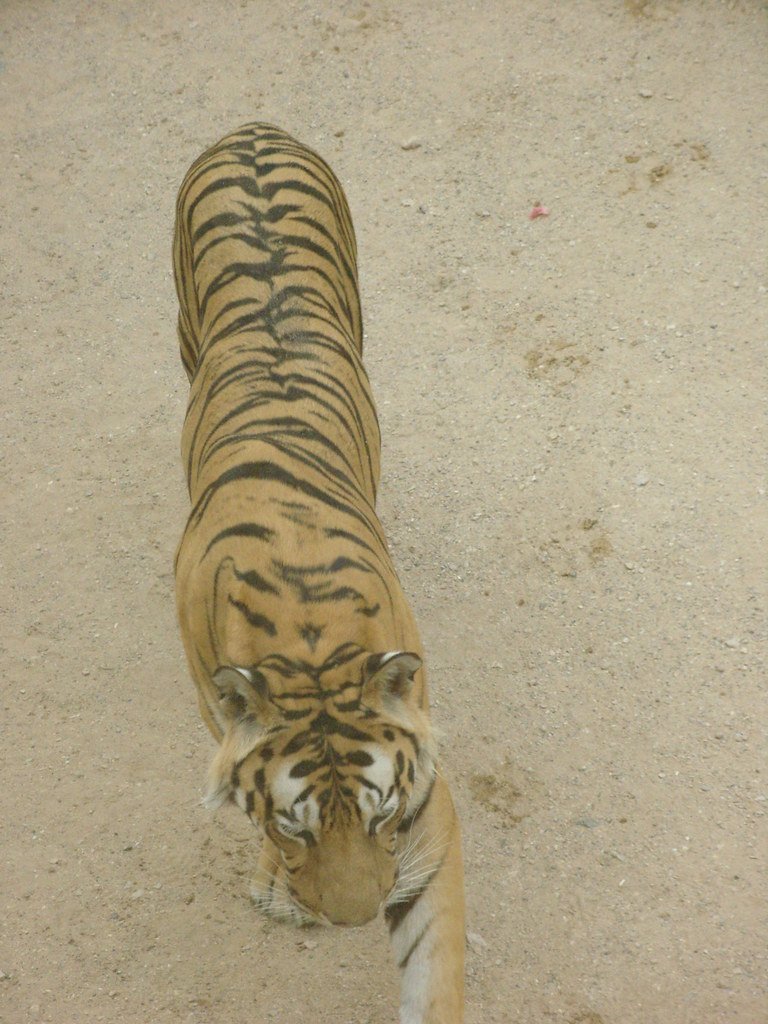
Unlike lions who hunt in groups, tigers are lone wolves—or should we say, lone cats—who rely entirely on stealth, strategy, and perfect timing. They spend hours studying their prey’s behavior, learning routines and identifying the perfect moment to strike. A tiger will follow the same animal for days, memorizing its path to water and preferred feeding spots. This patience and planning ability shows incredible intelligence and self-control. It’s like having a master chess player who happens to weigh 400 pounds and has retractable claws.
They Can Mimic Other Animals to Lure Prey

Here’s where tigers get really sneaky: they can imitate the calls of other animals to trick their prey into coming closer. They’ve been observed mimicking the sounds of deer, birds, and even other predators to confuse and attract unsuspecting animals. This vocal mimicry shows a level of intelligence and adaptability that’s honestly a bit unsettling when you think about it. Imagine thinking you’re hearing a friendly deer call, only to discover it’s actually a 400-pound predator practicing its impressions. It’s like nature’s version of a master impersonator, but with much higher stakes than a comedy show.
Did you expect these striped giants to be such incredible strategists and athletes?
Hi, I’m Bola, a passionate writer and creative strategist with a knack for crafting compelling content that educates, inspires, and connects. Over the years, I’ve honed my skills across various writing fields, including content creation, copywriting, online course development, and video scriptwriting.
When I’m not at my desk, you’ll find me exploring new ideas, reading books, or brainstorming creative ways to solve challenges. I believe that words have the power to transform, and I’m here to help you leverage that power for success.
Thanks for stopping by, Keep coming to this website to checkout new articles form me. You’d always love it!






